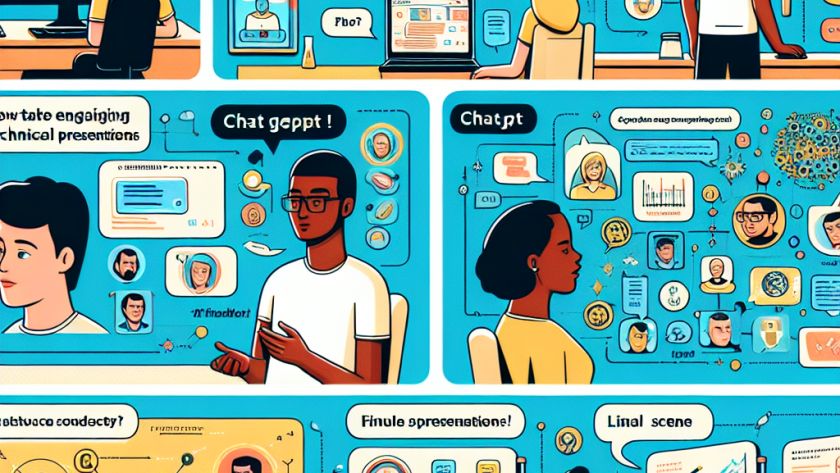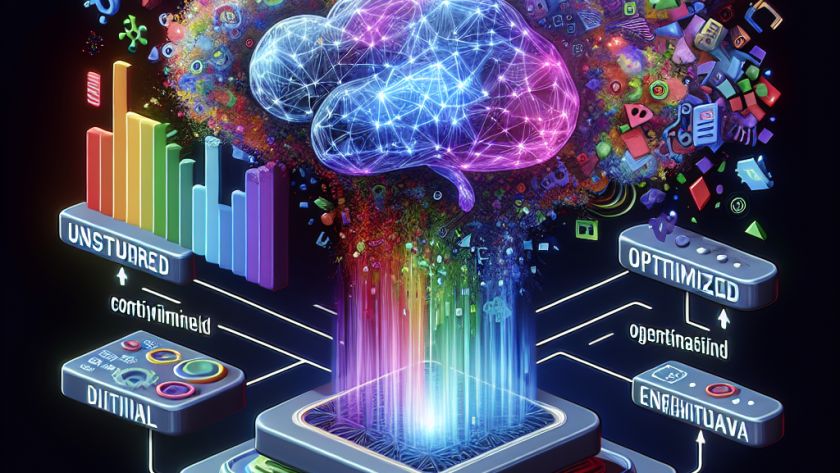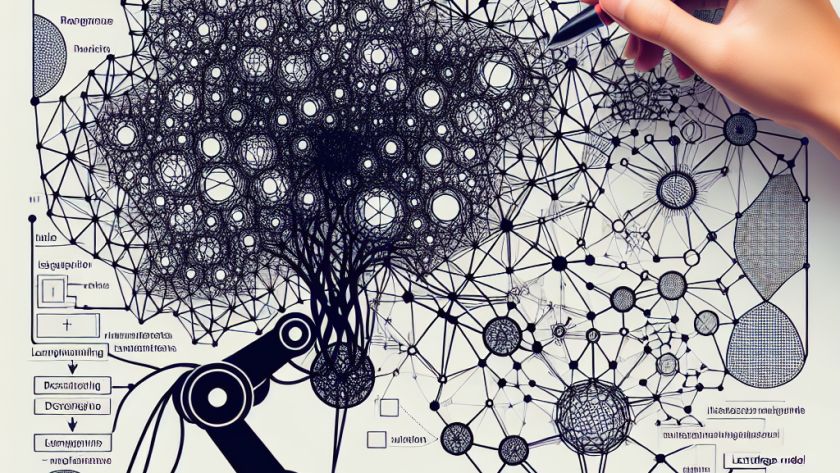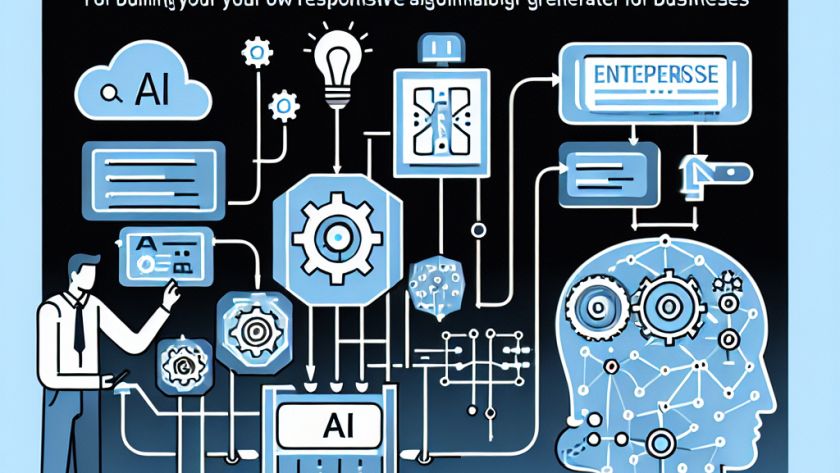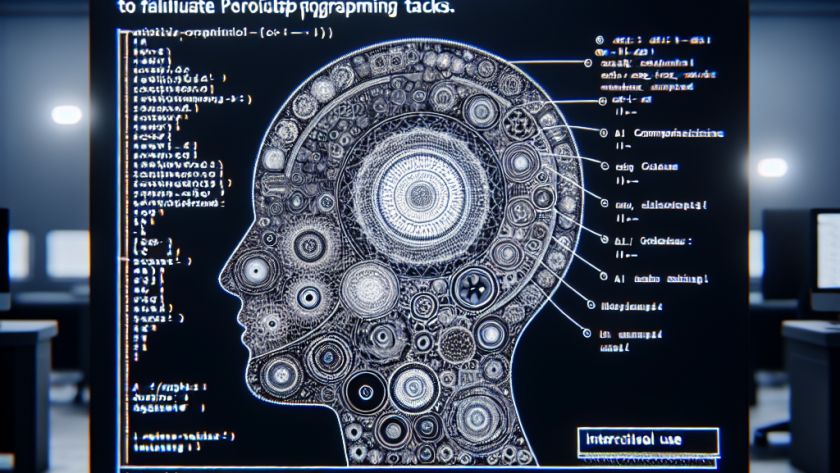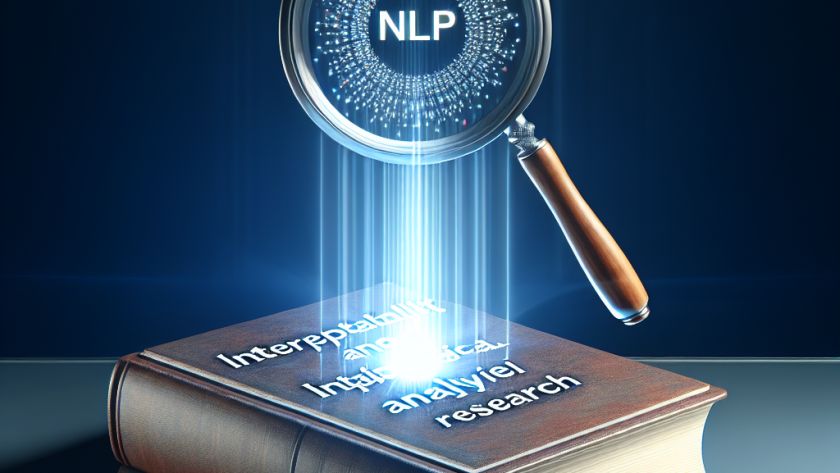Creating an engaging PowerPoint presentation is a skill that sets you apart in professional, academic, and business fields. A presentation is both an art and talent, which can be enhanced by harnessing the power of AI tools like ChatGPT. Recognizing your audience and defining the purpose of your presentation helps in tailoring the content to…
